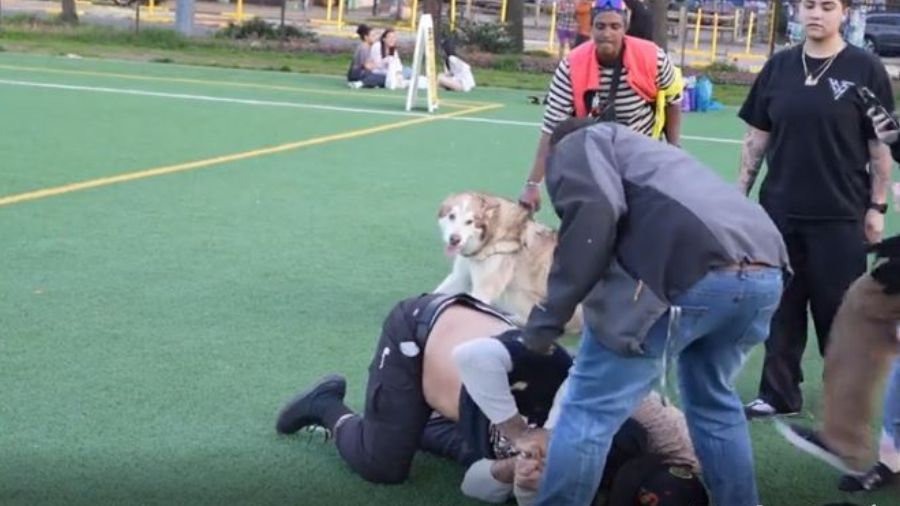UW, WSU study testing whether pets are vulnerable to COVID-19
May 10, 2020, 7:06 AM | Updated: May 11, 2020, 10:26 am

(MyNorthwest photo)
(MyNorthwest photo)
While veterinarians have said in the past that there’s little evidence COVID-19 can be spread to or from pets, a coalition of Washington researchers are hoping to gain more insight.
Washington cherry harvest in coronavirus crosshairs
“We share households with pets and we often have more contact with some of these pets than we have with people in our household,” UW MetaCenter for Pandemic Preparedness Director Dr. Peter Rabinowitz told KIRO Radio’s Gee and Ursula Show. “As we look at social distancing, we need to understand what the need is for any distancing between us and animals in the household.”
While pointing out the risk to pets is still “quite low,” the larger goal is to better understand how or if the virus is transmitting to and from household animals.
There hasn’t been much in the way of substantive data on transmission among pets, Dr. Rabinowitz said, which makes the study being conducted by the coalition of UW and Washington State University researchers that much more important.
“There’s been very few really systematic studies of this, so we feel that there needs to be at least some good evidence to base our recommendations on,” he noted.
The study is looking for anyone who’s been infected with the coronavirus within the last two weeks. Those who qualify can go to the study’s website and enroll. Researchers will then go into homes to test pets free of charge. Animals eligible for testing include dogs, cats, ferrets, and hamsters.
How to help Puget Sound’s surrendered pets during coronavirus crisis
Blood tests to determine whether anyone in the household previously had the virus will also be conducted.
If evidence indicates that pets are at risk of catching the virus, the hope is to be able to warn pet owners accordingly.
“It means we should just take reasonable precautions to, if we are infected with COVID ourselves, try to avoid infecting other people in the house, and also try to not have close contact with the animals as part of doing everything we can to slow down the transmission,” Dr. Rabinowitz detailed. “Just really including animals in the whole social distancing idea.”
Listen to the Gee and Ursula Show weekday mornings from 9 a.m. – 12 p.m. on KIRO Radio, 97.3 FM. Subscribe to the podcast here.













